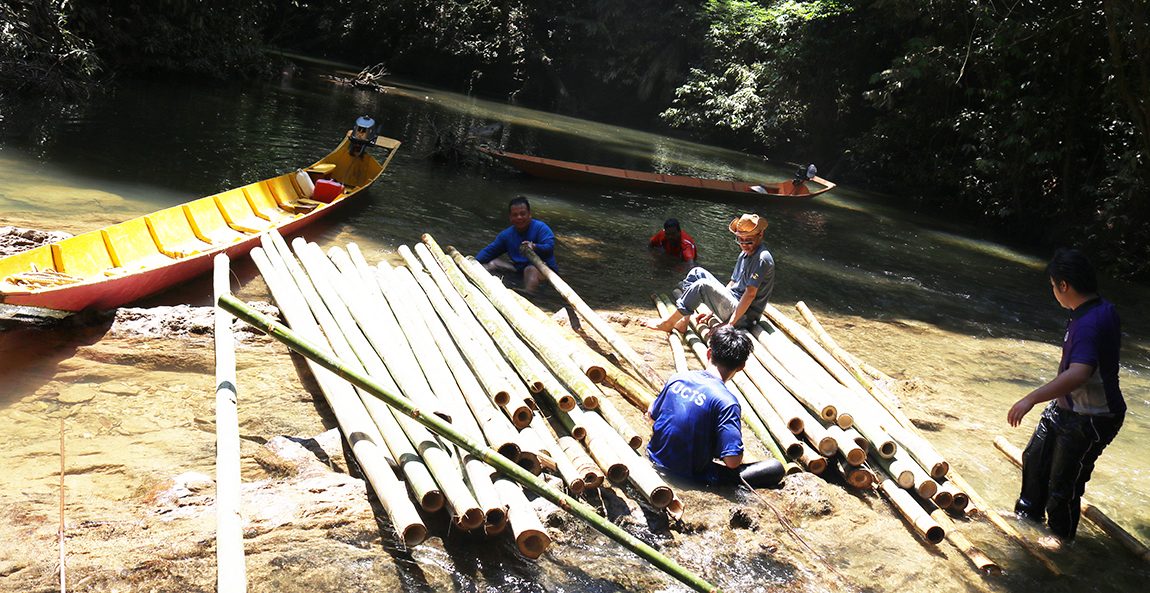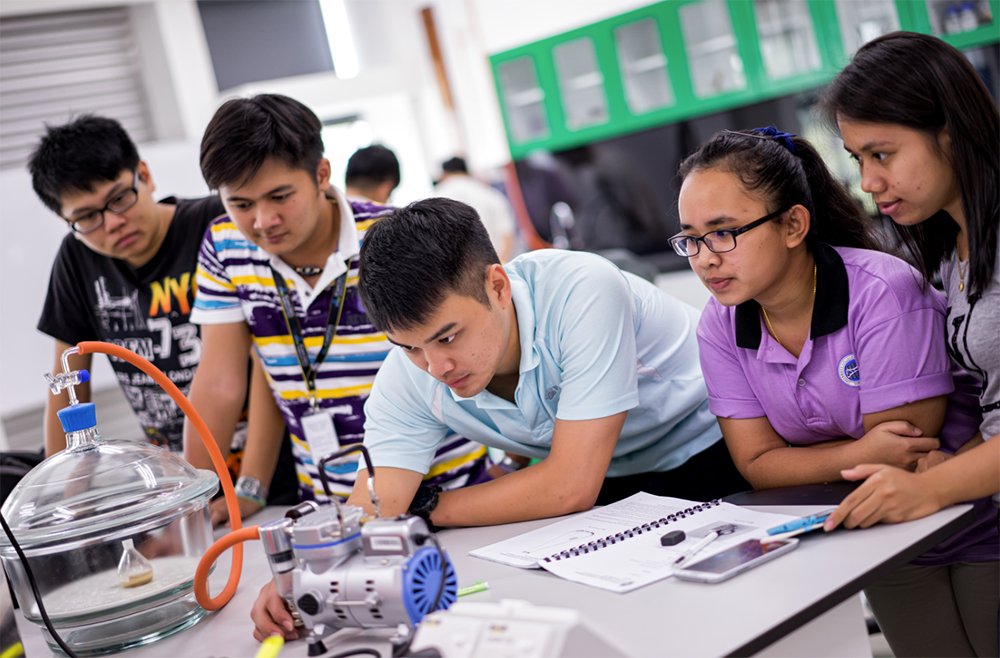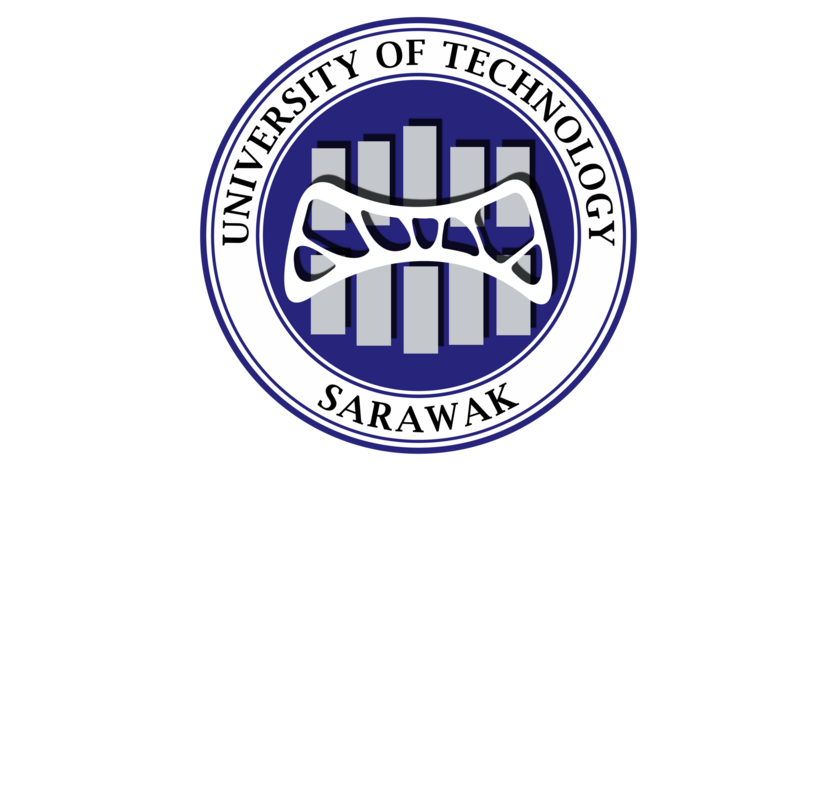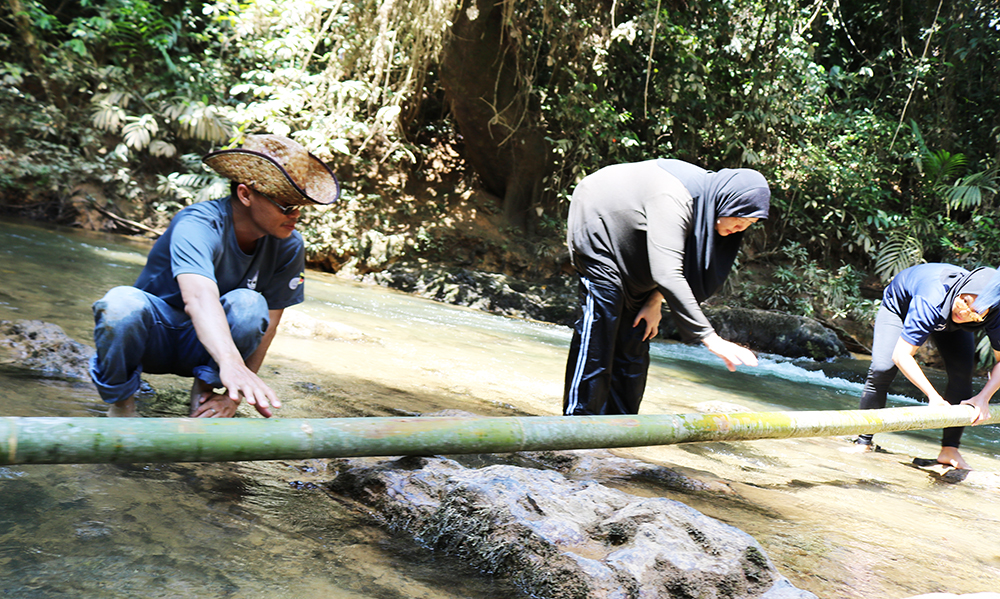
Internal Funding – UTS Research Grant (URG)
Fundamental Research
Basic research to generate knowledge that can contribute to enhance intellectual level, the creation of new technologies and the proliferation of a dynamic culture in line with the university vision and mission. It is basic research that can produce theories, concepts and ideas for the advancement of knowledge.
Applied Research
The aim of applied research is to find a solution for an immediate problem facing a society or an industrial/business organisation. Applied research is considered to be non-systematic inquiry and is usually launched by a company, agency or an individual in order to address a specific problem.

UTS Prototype Research Grant (UPRG)
The definition of prototype development research is the research conducted to bridge the gap between laboratory discoveries and research up to pre-commercialization. This includes proof of concept, evaluation, up-scaling, pre-clinical testing and field testing.
UTS Social Responsibility Research Grant (USRRG)
This grant provides UTS academic staff with the platforms for the researchers to transfer knowledge to the community and the industry. The researchers have to obtain the agreement from the community and the industry.
UTS Flagship Research Grant (UFRG)
The objective of the UFRG are to increase the visibility of UTS Research Centres and develop more impactful outcomes especially to the community.
UTS Flagship Prototype Research Grant (UFPRG)
This grant facilitates the visibility of UTS Research Centres and develop more impactful outcomes to explore the validity and practicality of their previous outcomes from the fundamental research.
UTS Flagship Social Responsibility Research Grant (UFSRRG)
The aim of this grant is to develop more impactful outcomes especially to the community and the industry. The researchers have to obtain the agreement from the community or industry before conducting the research.
UTS Book Grant (UBG)
The University encourages academic staff to be involved in book publication and the objective of the UBG is to provide UTS academic staff with seed funding to publish a research book.
Service Learning Program for the Community Bawang Assan, Sibu and Machan, Kanowit in Collaboration with Cornell University
By, Mr Gary Loh Chee Wai

